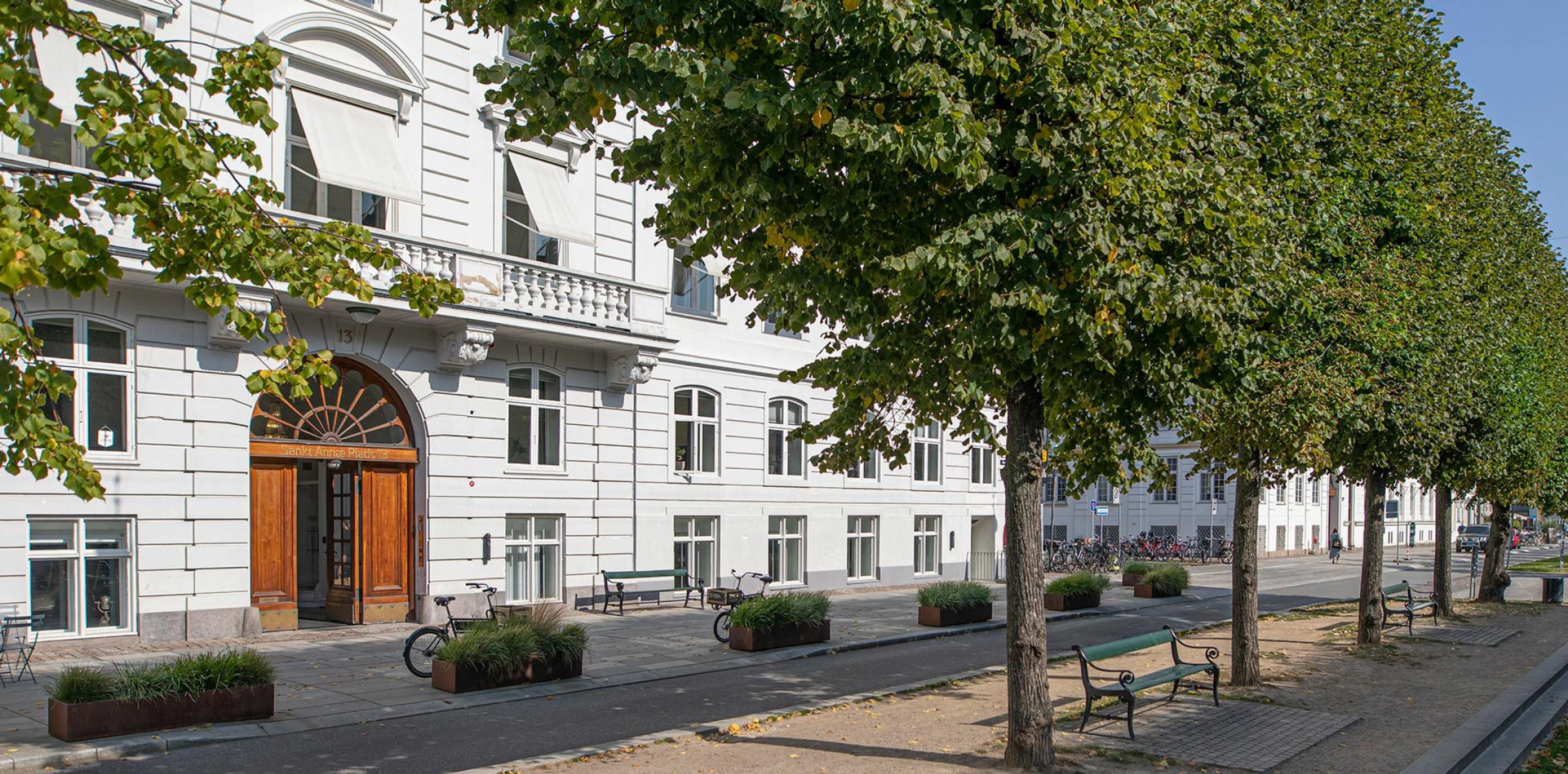History
Amongst the oldest in Denmark
Chr. Augustinus Fabrikker is a foundation-owned investment company with a history that reaches 275 years back in Danish business history.
On May 11, 1750, Ole Augustinus founded a tobacco spinning mill in Frederiksborggade in Copenhagen. Ole Augustinus had three sons, and it is the oldest son Christian Augustinus who gave the name to the company. Chr. Augustinus continued the business after his father's death in 1779 and the business was gradually expanded over time.
On March 25, 1942, Ludvig Augustinus founded Chr. Augustinus Fabrikkers Fond (today Augustinus Fonden), which owns Chr. Augustinus Fabrikker. The purpose of the foundation is to support art and culture, research and social and humanitarian purposes.
In 1961, three of the country's oldest tobacco spinning mills merged into Scandinavian Tobacco Company, including Chr. Augustinus Fabrikker. In 1977, the corporate structure changed again and Scandinavian Holding was established. Through this, the first investments were made in, among others, Fritz Hansen.
Chr. Augustinus Fabrikker has since gradually expanded its investment activities with a focus on ownership of Danish companies. Chr. Augustinus Fabrikker still owns Scandinavian Tobacco Group today, which originally stems from Ole Augustinus Tobacco Spinning Mill from 1750. Our ownership share is c. 25 % and accounts for c. 6 % of our total balance.

Through philanthropy and investments in Danish businesses we create long-term value in society
Chr. Augustinus Fabrikker is a foundation-owned inbestment company with at history that tracks back to 1750.

Augustinus Fonden
Chr. Augustinus Fabrikker er 100 % owned by Augustinus Fonden, who supports arts and culture, research, and social and humanitarian projects.